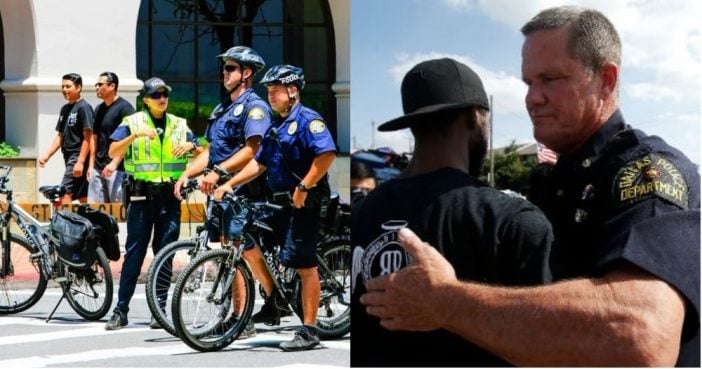
45 Things Police Officers Want You To Know


One consequence of cameras is that we might get a lot less cooperation. When we’re chasing someone, people sometimes give us a wink, a point or a nod in the right direction. We have people all the time who whisper information in our ear. With cameras, we risk all of that going out the window because people really don’t like be recorded. —A police officer in Massachusetts

One issue is that we do not have good data on something as simple as the number of people who are killed by police officers in this country. Because we have a voluntary reporting system, agencies all over the U.S. do not report incidents to the FBI. The best data have been compiled by newspapers, and their numbers are double what the FBI shows. —Jim Bueermann

Videos of police shooting don’t always show everything, and releasing them can make a situation more confusing. Also, if you release a video too early, you can end up tainting some witnesses. They may watch it and then form an opinion like we all do as humans. It’s important to talk to all witnesses before any video comes out so you can get firsthand knowledge of what they saw. —Sean Gormley, a former police chief who is executive director of a police union in Minnesota

You’ll never find a group of people more dedicated to each other outside of the military, but it’s a closed shop. Outsiders can’t get in. —Chicago police officers who blog anonymously
Source: rd.com
What are your thoughts on this? Let us know in the comments below!